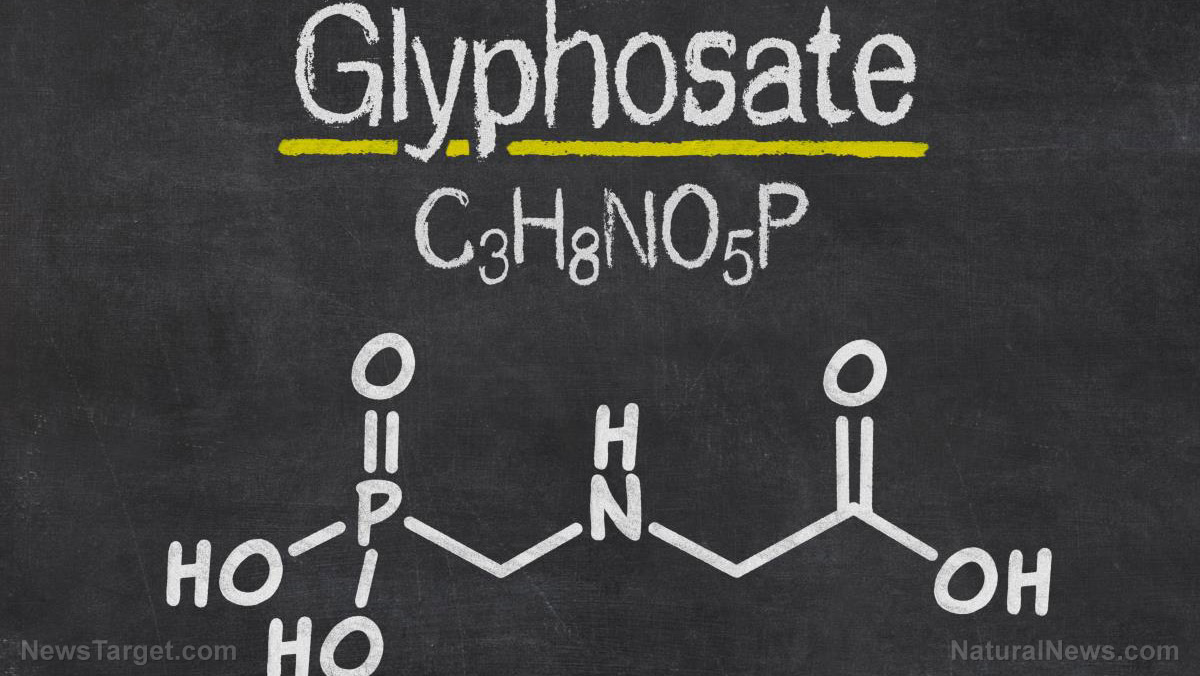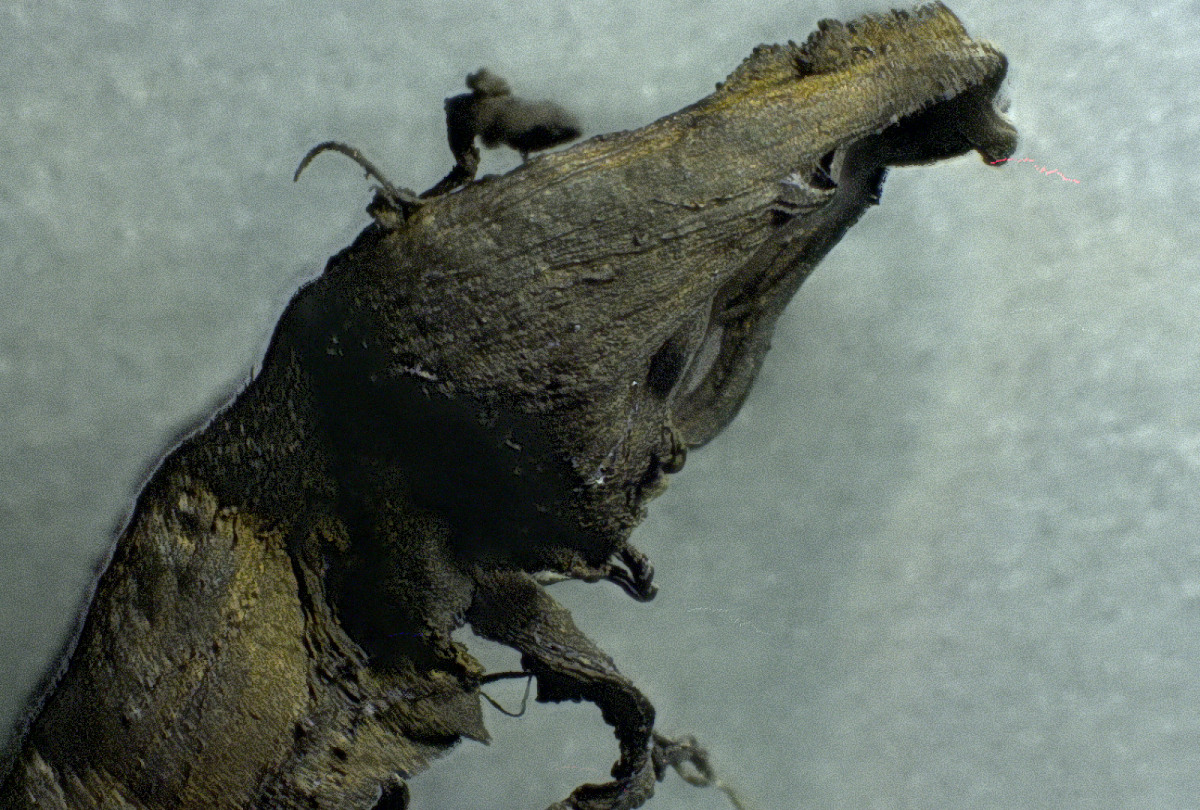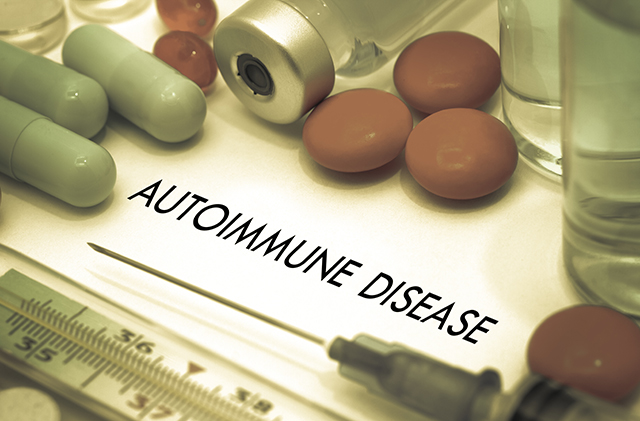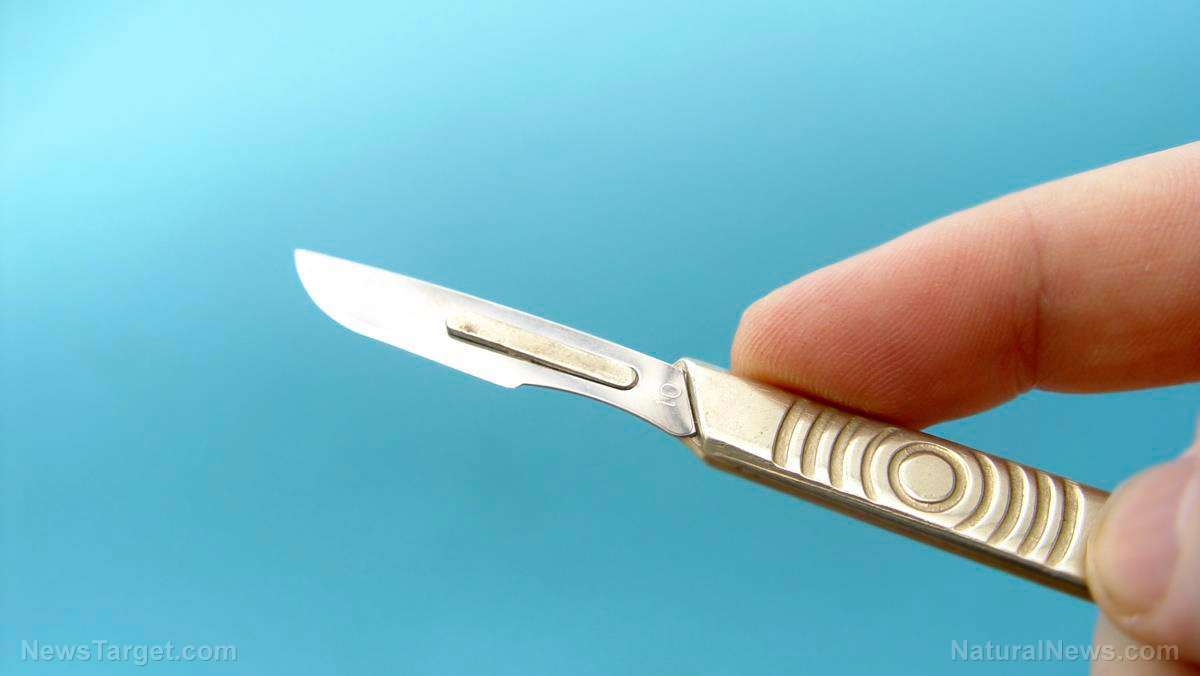Healing plants: Silymarin from milk thistle found to have anti-cancer properties
11/09/2020 / By Virgilio Marin

Milk thistle is an herb derived from the milk thistle plant, Silybum marianum. It is used in traditional Chinese medicine to clear heat, remove toxic elements from the body, soothe the liver and promote bile secretions. The detoxifying properties of milk thistle are so potent that the herb is used to protect the liver from snake bites.
The main active ingredient in milk thistle is silymarin, a flavonoid with potent antioxidant and anti-cancer properties. In a study published in the journal Oncology Reports, researchers from Kongju National University in South Korea found that silymarin can reduce tumor growth by decreasing the expression of pro-cancer proteins involved in mitogen-activated protein kinase (MAPK) signaling. The MAPK signaling pathways play an important role in the regulation of cell proliferation, differentiation, survival and death.
Silymarin can reduce tumor growth
To test the effect of silymarin on human gastric cancer cells, the researchers assessed the viability and migration of cancer cells after treatment with different concentrations of silymarin. The team found that cell viability and cell migration decreased as the concentration of silymarin increased. They also found that the rate of apoptosis and the number of apoptotic bodies increased after silymarin treatment in a dose-dependent manner.
To investigate the anti-cancer properties of silymarin, the researchers examined changes in the expression of proteins involved in MAPK signaling in gastric cancer cells. Using western blot analysis, the researchers found that silymarin increased the expression of the apoptotic activator Bax, activated the tumor suppressors JNK and p38, and decreased the levels of the antiapoptotic proteins ERK1/2 and Bcl?2 in a dose?dependent manner.

By inhibiting the phosphorylation of ERK and Bcl-2 and activating p38, JNK and Bax in human gastric cancer cells, silymarin was able to induce cancer cell death and prevent tumor growth.
“The present study indicated that silymarin is highly promising for the development of gastric cancer medications as it inhibits [cancer] cell growth and tumor generation by inducing apoptosis,” the researchers wrote in their report.
More studies on the anti-cancer properties of silymarin
Silymarin fights cancer in several ways. For one, it has powerful antioxidant and anti-inflammatory properties that allow it to counteract harmful free radicals and reduce oxidative stress. Oxidative stress is associated with the development and progression of cancer as it enhances DNA mutation and increases DNA damage, genome variability and cell proliferation.
Silymarin also prevents toxins from binding to cell membrane receptors and activates the production of glutathione in the body. Glutathione is an antioxidant that can potentially make tumors less sensitive to conventional cancer treatments. (Related: Glutathione is the body’s most important antioxidant.)
Moreover, silymarin decreases the production of matrix metalloproteinases (MMPs) – enzymes that promote the spread of cancer cells. Studies show that silymarin helps suppress the invasiveness of bone cancer and prevents the progression of liver cancer by interfering with the production of MMPs.
Other studies suggest that silymarin may help prevent or treat prostate and breast cancer. In a study published in the journal Cancer Research, researchers found that taking 160 milligrams (mg) of silymarin a day helps reduce the size of prostate tumors by up to 64 percent. Meanwhile, other studies show that silymarin can block the migration of breast cancer cells and decrease telomerase levels. Telomerase promotes the survival of breast cancer cells.
Silymarin can also lessen the adverse effects of anti-cancer drugs. In a study of children with acute lymphoblastic leukemia, researchers found that taking 160 to 320 mg a day of silymarin for 28 days reduced liver toxicity caused by chemotherapy. In another study, the flavonoid helped restore liver function in breast cancer patients who were treated with the chemo drug, carboplatin.
Silymarin is now sold in tablet, capsule or powder form. Milk thistle products are considered generally safe for consumption. If you wish to use silymarin supplements, consult with a trusted natural health practitioner on how best to take them so you can maximize silymarin’s benefits.
Sources include:
PDFs.SemanticScholar.org [PDF]
Submit a correction >>
Tagged Under:
alternative medicine, anticancer, antioxidants, cancer cures, cancer treatment, herbal medicine, Herbs, Milk Thistle, natural cures, natural medicine, phytonutrients, research, silymarin
This article may contain statements that reflect the opinion of the author




















